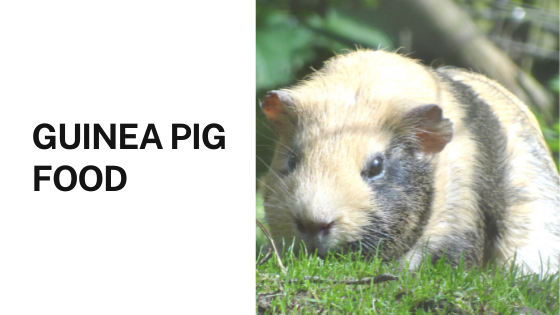Guinea pigs are unable to produce their own vitamin C so ensure you feed vegetables that are rich in vitamin C including curly kale and even the odd orange to ensure he is receiving the correct amount.
Fresh leafy greens and vegetables should also be offered every day – vegetables including spring greens, broccoli and herbs can also be given, remember though to keep it varied and interesting. A small amount (no more than one to two tablespoons) of fruit like grapes can be fed, as can a carrot. These are all quite high in sugar so should be fed in small amounts.
You can also buy vitamin C supplements for guinea pigs, which can be added to their food or drinking water. Guinea pigs also need a small handful of pelleted, complete guinea pig food in order to ensure they are getting all the vitamins and minerals they need. You can learn more on what can guinea gigs eat from pet portals online.

Pelleted food is preferable to muesli types, which guinea pigs can sometimes selectively feed on. Follow the feeding guidelines on the food’s packaging.
Water is essential and should always be fresh and available. Guinea pigs are often more confident drinking from a heavy-bottomed bowl rather than a gravity-fed drinker as it feels more natural. Ensure that the water is changed and the water bowl cleaned out every day.
Providing stick or logs from natural wood like willow, beach or hazel will provide both entertainment for your guinea pig and help to stop his teeth from over growing.